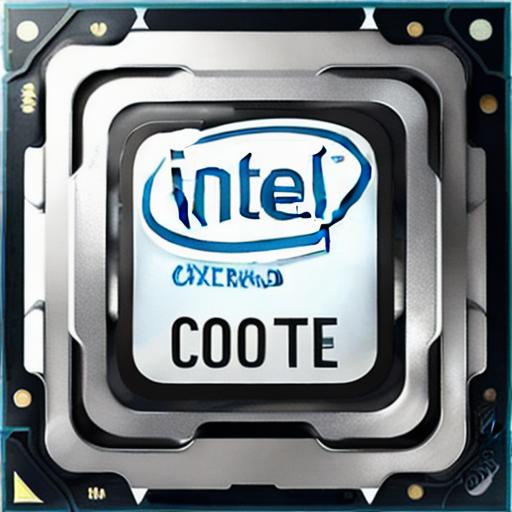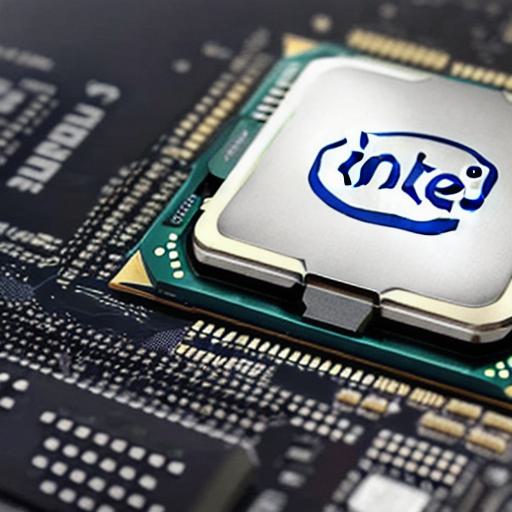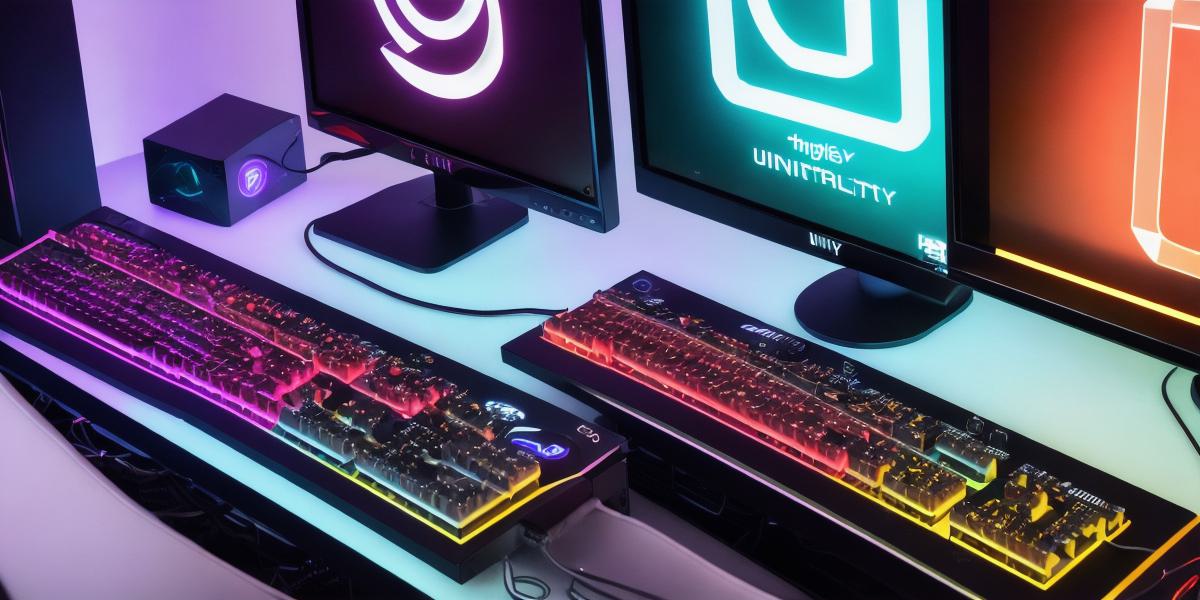Introduction
Hello Web developers! Today we’re diving into the world of real-time development with Unity, a versatile game engine that has gained massive popularity among creators. While building your dream projects in Unity, choosing the right processor can significantly impact your workflow and final output. In this comprehensive guide, we’ll explore the best processors for Unity development based on various factors.
**Why Processor Matters in Unity Development?
**
A powerful processor is essential for Unity development as it handles complex calculations, real-time rendering, and multithreading tasks. The performance of your processor directly influences your project’s frame rate and overall quality.
**Factors to Consider Before Choosing a Processor**

1. **Multi-threading Capabilities:** Unity supports multi-threading for parallel processing. A processor with excellent multi-threading support ensures maximum efficiency in handling multiple tasks.
2. **Clock Speed:** Faster clock speeds allow your processor to execute instructions more quickly, which translates to smoother gameplay and real-time rendering.
3. **Number of Cores:** The number of cores determines how many tasks your processor can handle concurrently, making it crucial for Unity development.
4. **Cache Size:** A larger cache size improves the overall efficiency of your processor by keeping frequently used data readily available.
5. **Integrated Graphics Processing Unit (iGPU):** While you may opt for a dedicated GPU for heavy-duty 3D rendering, an iGPU can still handle simple scenes and allows for faster iterations during development.
**Top Processors for Unity Development**
1. **Intel Core i7:** With impressive clock speeds, high number of cores, and excellent multi-threading capabilities, Intel’s Core i7 series is an excellent choice for Unity developers. The larger cache sizes ensure optimal performance and faster data access.
2. **AMD Ryzen Series:** AMD’s Ryzen processors boast a high core count, excellent multi-threading support, and competitive clock speeds, making them a strong contender in the world of Unity development.

3. **Apple M1 Chip:** Apple’s custom silicon, the M1 chip, delivers impressive performance for both CPU and GPU tasks, making it an attractive option for web developers using Unity on macOS devices.
**Conclusion**
In conclusion, the choice of a processor plays a vital role in your Unity development experience. A powerful processor with excellent multi-threading capabilities, fast clock speeds, ample cache size, and potentially integrated graphics processing can help you achieve smoother gameplay, faster iterations, and overall improved project quality. Whether you opt for an Intel Core i7, AMD Ryzen series, or Apple M1 chip, the right processor will significantly contribute to your Unity development journey.
**FAQs**
1. **What is the minimum processor requirement for Unity development?**
Unity recommends a 64-bit dual-core processor with SSE2 instruction set support and 4 GB of RAM for basic development tasks. However, more complex projects may require a more powerful setup.
2. **Is it necessary to have a dedicated GPU for Unity development?**
While having a dedicated GPU can greatly enhance your Unity development experience for 3D rendering, the engine also supports software rendering and can run on integrated graphics processors.
3. **Can I use mobile processors for Unity development?**
Yes, you can use mobile processors for developing Unity projects targeting Android or iOS platforms. However, keep in mind that mobile processors generally have less processing power compared to desktop-grade CPUs.
